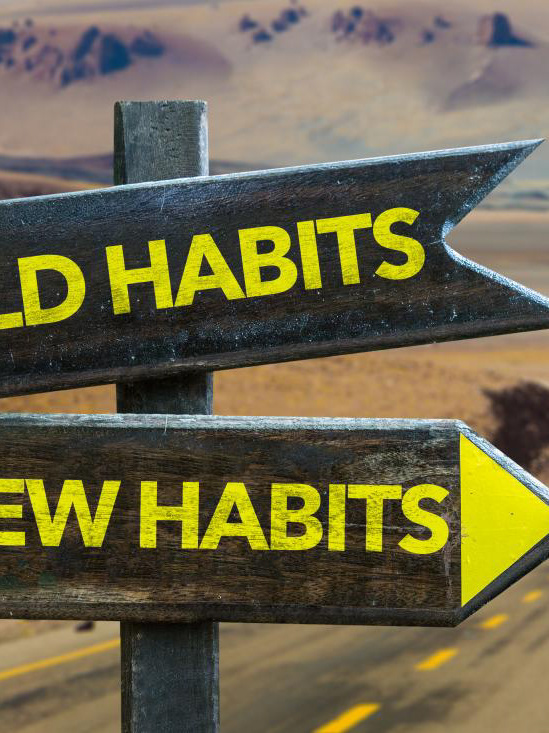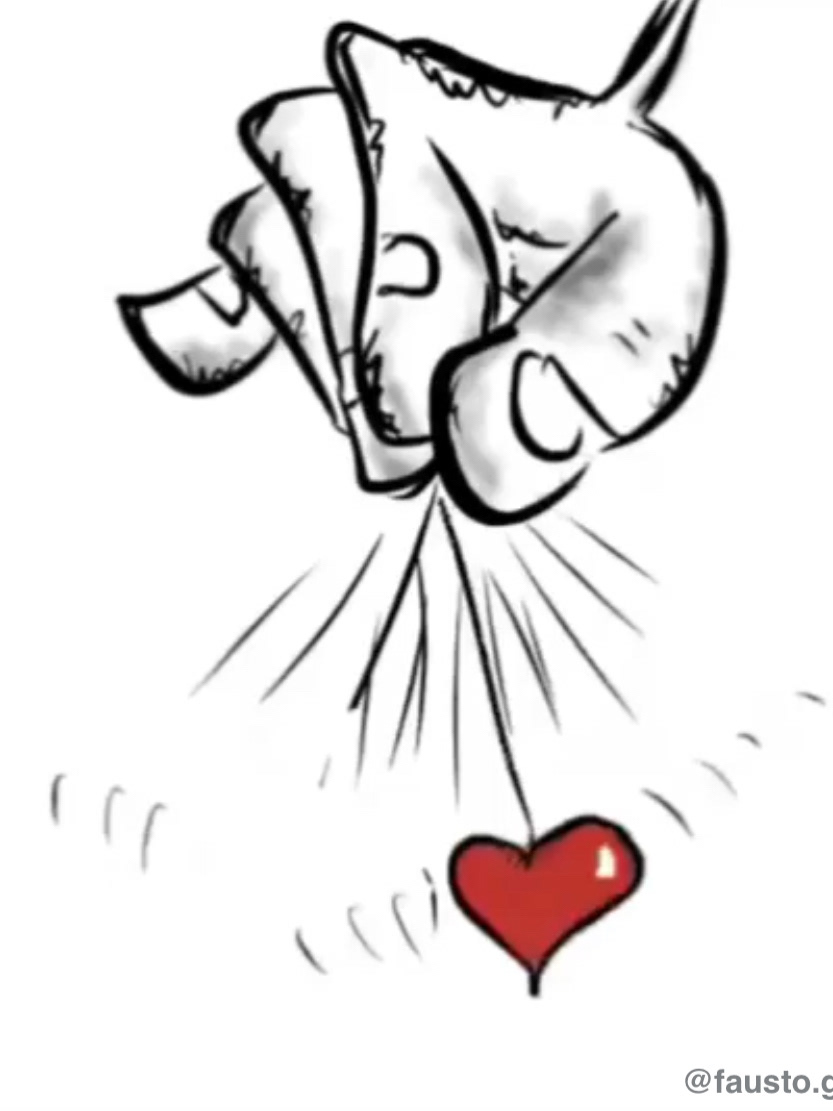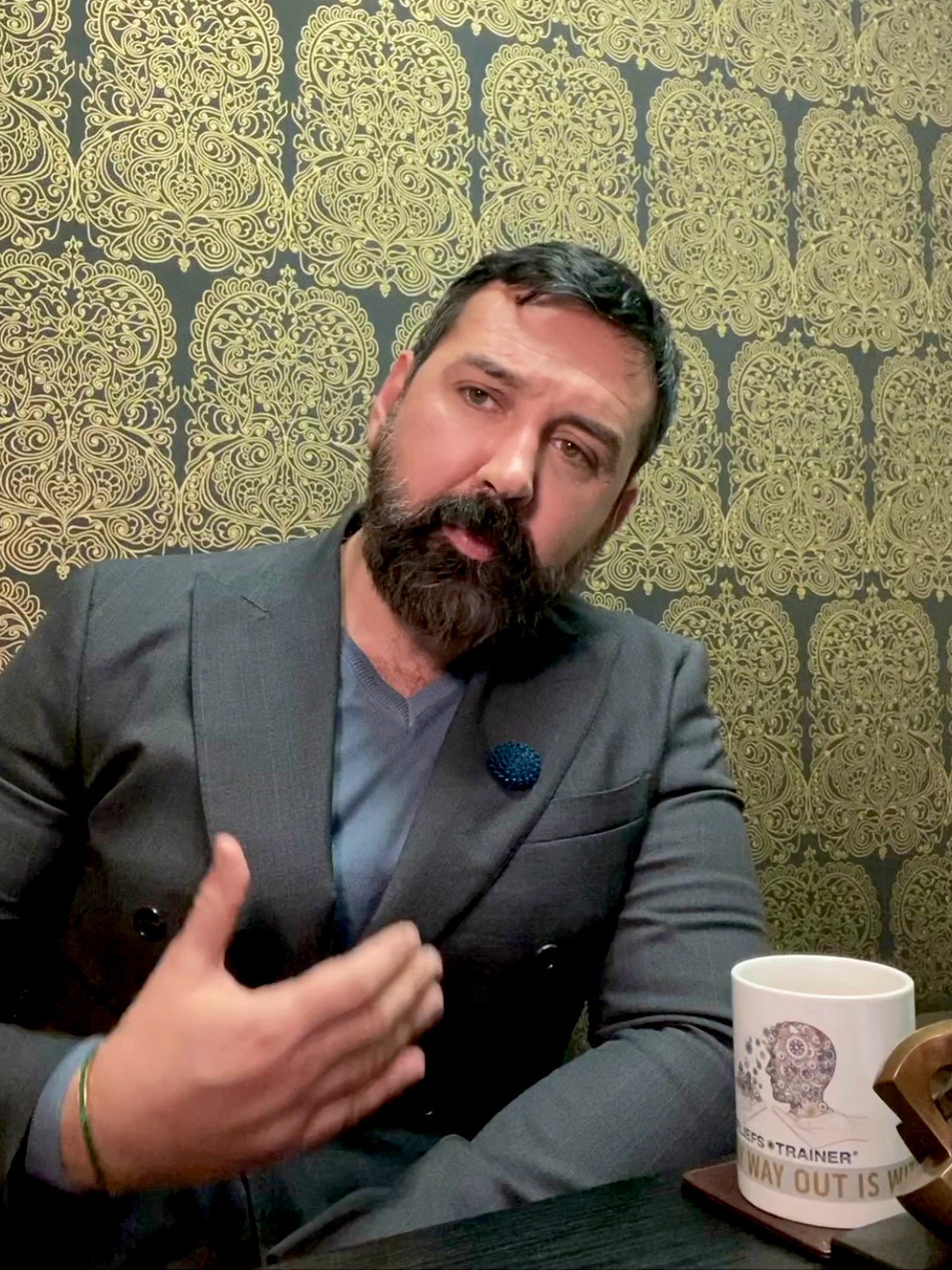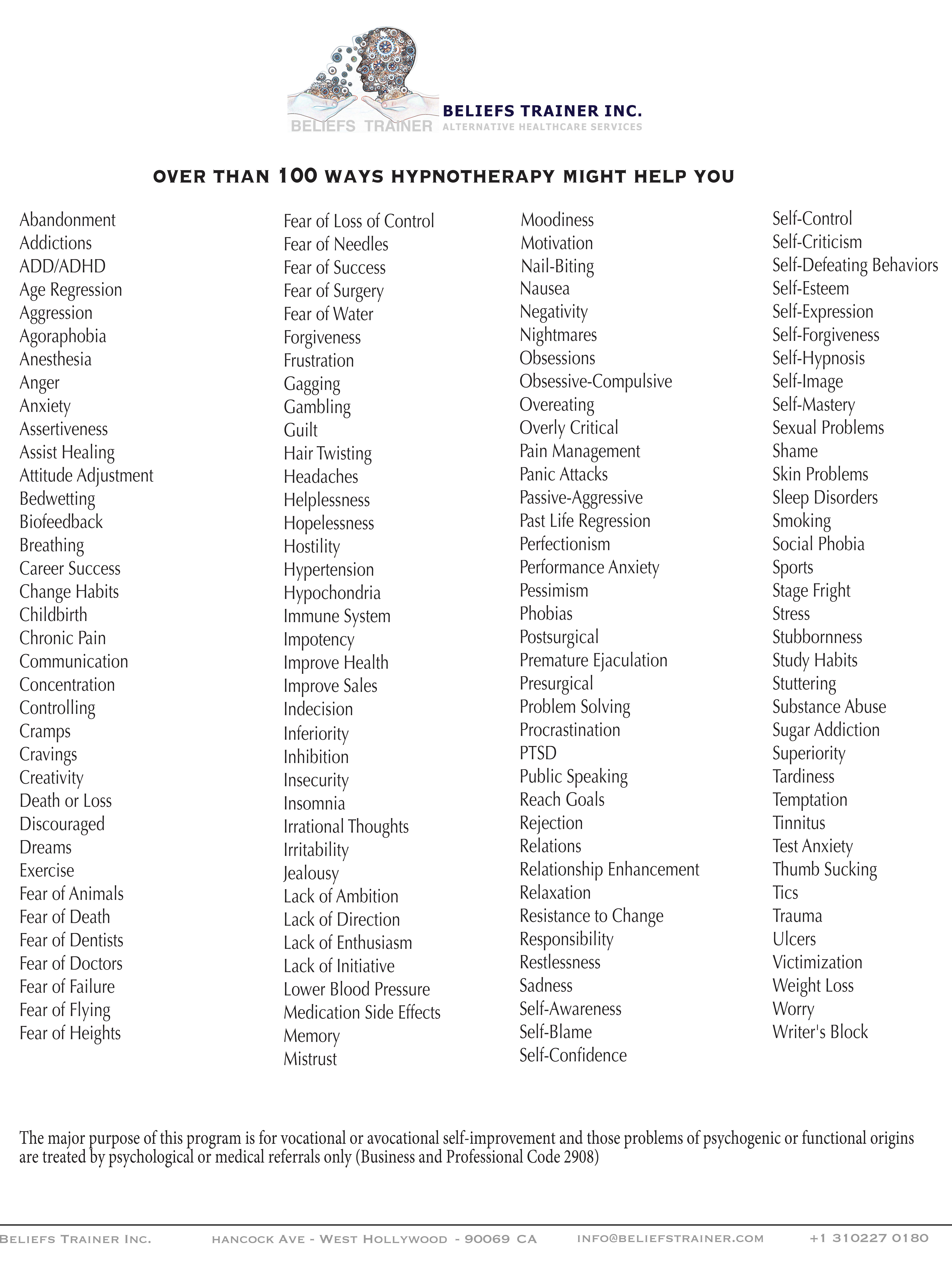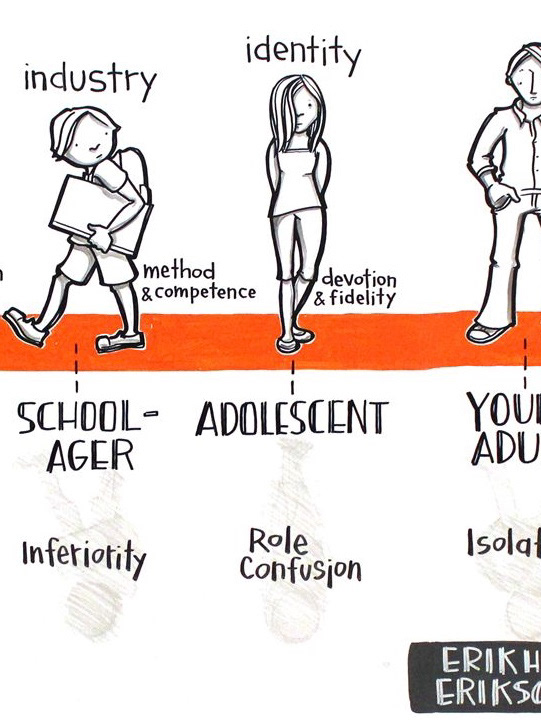PERFORMANCE ZONE – IS IT ALWAYS HELPFUL?
What have in common an artist, an athlete, a CEO, a bartender, and a housewife? They all perform! Moreover, they all are expected to be at the top of their game. It is paramount for a performer to know the difference between the "Learning Zone" and the "Performing Zone". They two are very different processes, defined by different activities, benefits, and goals.
WHAT ARE THE LEARNING AND PERFORMING ZONES?
When we are learning our brain is set to be receptive, I call it the "growth mindset".
When we are performing our brain is set to deliver, I call it the "target mindset".
When we are performing our brain is set to deliver, I call it the "target mindset".
PERFORMING ZONE
When we are in the performance zone, we want to make as few mistakes as possible, as errors are probably unacceptable, and even perceived as a threat to our subconscious mind.
That can explain why I hear performers saying, "It is hard to get back into the zone when I make a mistake, as I keep thinking over and over about the mistake I made. And, then I end up doing more mistakes".
That can explain why I hear performers saying, "It is hard to get back into the zone when I make a mistake, as I keep thinking over and over about the mistake I made. And, then I end up doing more mistakes".
LEARNING ZONE
The learning zone is the time when we can experiment, we can try new things, we can practice and allow ourselves to be vulnerable. And from this place of vulnerability (humbleness), we take in information that will enable us to grow. It's helpful to be in an environment of low-risk when we learn, as making mistakes should be acceptable during this time.
When in the performing zone, we want to deliver the best that we can. The pressure is on us.
Our brain perceives a high-stake kind of environment, and our entire system is focused on the result. In this zone, mistakes are undesired.
Our brain perceives a high-stake kind of environment, and our entire system is focused on the result. In this zone, mistakes are undesired.
Meryl Streep prepares for days the character she portraits in the movies. She studies and learns about the role. Meryl rehearses the voice and body language for hours. Finally, when the camera is on, and the director says "action", she performs. I assume that later on, she looks at the take to identify aspects of her performance that she can improve. She reflects on her mistakes and processes them until practice makes perfect - she is back in the learning zone. She then applies her discovery to adjust her acting. And when the lights on camera go on again, she performs.
EXCESSIVE PREFORMING SYMPTOMS
Going back and forth from the learning zone to the performing zone is one of the keys to perform at our best and to build "resilience". Spending too much time in the performing zone can lead to experiencing some of these symptoms:
Difficulty in learning
Difficulty in improving your performance
Uneasiness in asking questions in a new class situation
Believing you should know already what you are there to learn
Intolerance for yours and other's mistakes
Resistance to approach new things
Inadequacy in participating in group activities
Unsatisfied with your results
Feeling humdrum during the activity
Anxiety and physical distress before and during the activity
Feeling annoyed or depressed after the activity
A tendency to think that you could perform better
Avoidance in engaging in activities
If you experience some of these symptoms, then most probably you spend to too much time in the performing zone, which can be linked to some of these issues:
Perfectionism
Criticism
Negative self-talk
Self-sabotage
Anxiety
Discouragement
Fear of failure
Shame
Guilt
Inferiority
Insecurity
P.E.
Procrastination
Lack of self-confidence
PERFORMANCE ENHANCEMENT
This is an introduction to one of my areas of expertise - "performance enhancement."
I help clients, who have a desire to improve their performance, and while doing so, uncover the issue/s that block them from achieving their goals.
